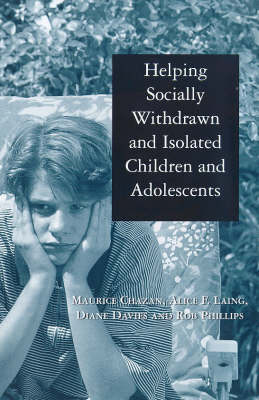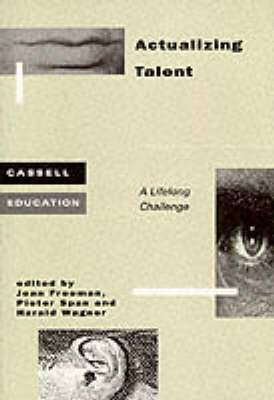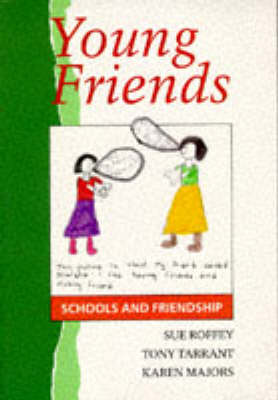Cassell education
5 total works
Knowledge and Nationhood
by James Avis, etc., Martin Bloomer, Geoff Esland, Denis Gleeson, and Phil Hodkinson
Published 1 January 1996
This text examines the implications of government policy for the curriculum, the professionalism of educational practitioners, and the training and career options of young people. It argues for a new educational agenda which recognizes the importance of intellectual investment and innovation in all areas of educational provision and which addresses the profound changes taking place in the relationship between national and global citizenship. The text also includes a critique of New Right policies.
Helping Socially Withdrawn and Isolated Children and Adolescents
by Maurice Chazan and etc.
Published 5 January 1998
This is an overview of the main issues relating to socially withdrawn or isolated behaviour in childhood and adolescence, with specific reference to practical ways of dealing with such behaviour in the school. This text focuses on identification, assessment and intervention in these cases. The study brings together the findings of a large number of projects in non-technical language, offering numerous case studies as examples. It also outlines possible future developments in research and practice.
A Guide to Further Education in England and Wales
by Leonard M. Cantor, etc., Iolo Roberts, and Beryl Pratley
Published 2 November 1995
This text analyzes and describes in detail the major changes that have recently taken place in further education. The book covers recent legislation which has radically changed the face of further education and describes administration and finance practice. It examines the major curricular developments whoch have occured in recent years, the nature of the major groups of students who participate in further education, and the way in which the colleges are now managed.
This text is concerned with the development of ability to an exceptionally high level throughout the lifespan, considering the ages at which high ability can be detected and how it may be continued at its peak for life. The papers in the book describe both fundamental and applied approaches with regard to varied aspects of high ability, for example, as learning procedures and specific areas, such as art and sport. The book concludes with ideas on how the needs of the highly able could be met by educational set-ups, government and industry.
Socially-skilled children feel good about themselves, perform well at school and are more likely to be socially-adjusted adults. In this book, the authors offer teachers a wide variety of possible strategies that should enable groups and individuals to have better relationships with each other. They look at how teachers can foster self-esteem and promote self-awareness. They examine groups and the essential skills of communication. Chapters on difficulties in relationships include particular problems, such as bullying. The authors also discuss the particular contexts of the classroom and playground environments, and how to create a positive social climate.



